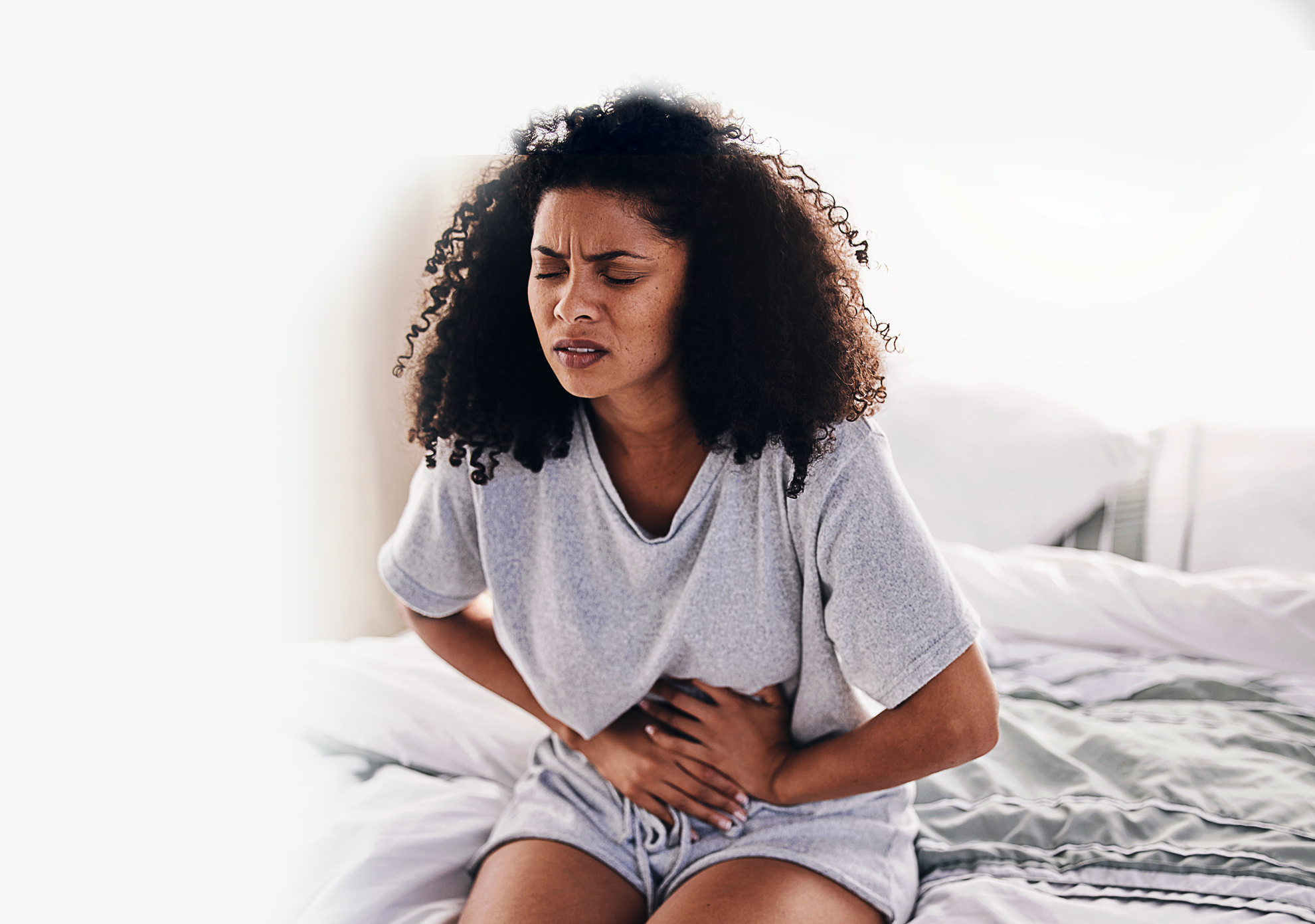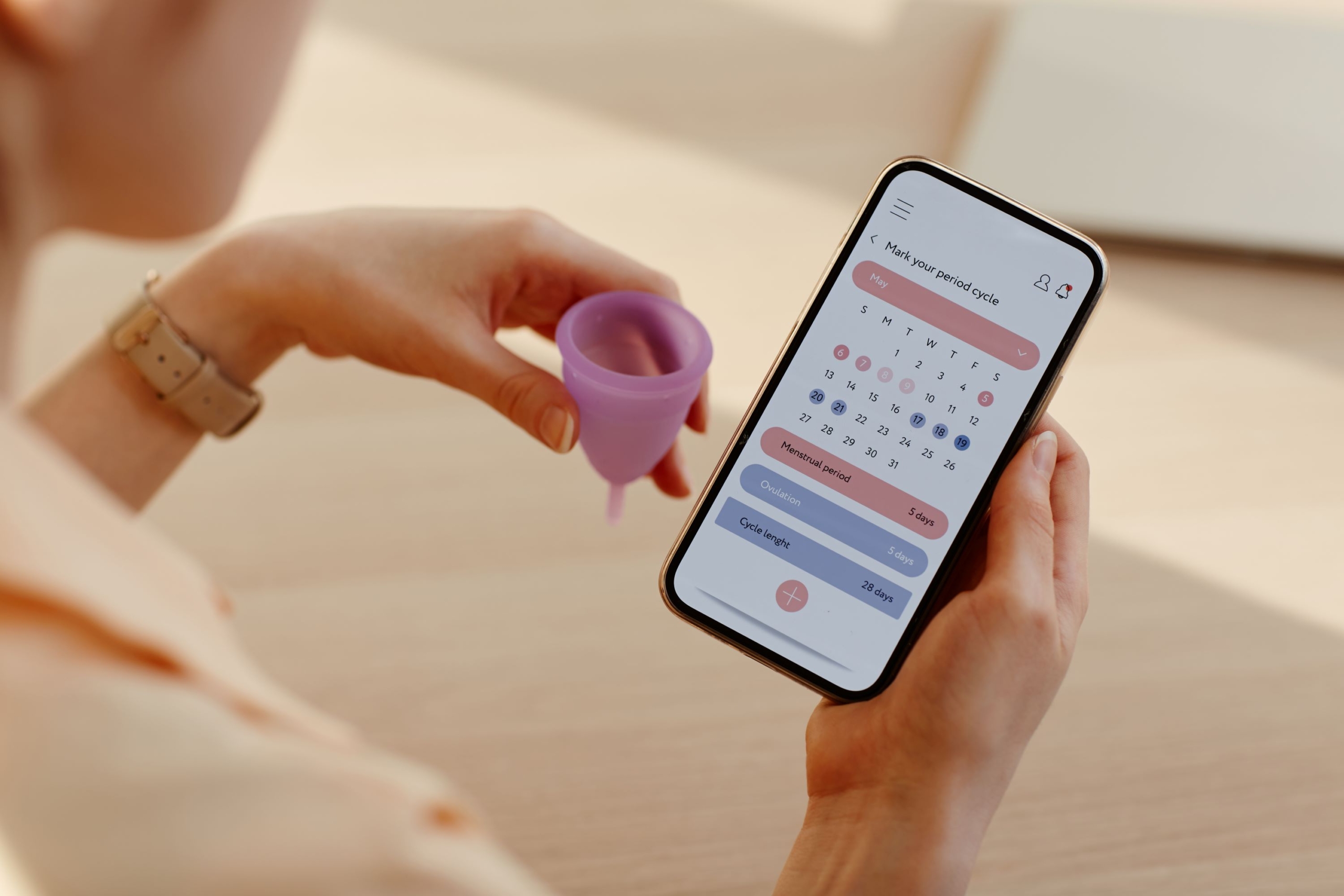What Are Irregular Periods?
Irregular periods can feel like a rollercoaster ride, leaving you uncertain about when Aunt Flo will make her next appearance. It involves changes in the frequency, duration, and flow of menstrual cycles, and it can be both physically and emotionally unsettling.
As women approach menopause, the delicate balance of hormones, particularly estrogen and progesterone, begins to shift, leading to irregular menstrual patterns. Irregular periods are a typical sign that menopause is approaching or has already begun.

What Causes Irregular Periods?
Menopause marks the natural end of a woman’s reproductive years, and it is characterized by the gradual decline of estrogen and progesterone production. These hormones play crucial roles in regulating the menstrual cycle. As estrogen levels fluctuate, ovulation becomes less predictable, leading to changes in the frequency of menstrual periods.
The menstrual cycle is orchestrated by a delicate interplay of hormones, and any disruption in this intricate dance can result in irregularities. As estrogen levels decline, the endometrial lining may not thicken adequately, causing unpredictable bleeding patterns. Additionally, progesterone, which helps maintain a regular cycle, also decreases, further contributing to irregular periods.


How To Stop Irregular Periods
While irregular periods can be unsettling, there are steps you can take to navigate this phase of your life with greater ease:
Keep a menstrual calendar to monitor your cycle patterns. This can help you identify any emerging trends and provide valuable information when discussing your symptoms with a healthcare professional.
A balanced diet rich in essential nutrients can support hormonal balance. Focus on consuming a variety of whole foods, including fruits, vegetables, lean proteins, and whole grains.
Regular physical activity can positively impact hormone regulation and overall well-being. Engaging in exercises you enjoy, such as walking, dancing, or yoga, can be beneficial.

Stress can exacerbate hormonal imbalances and contribute to irregular periods. Incorporate stress-reduction techniques into your daily routine, such as meditation, deep breathing exercises, or spending time in nature.
If irregular periods are causing significant discomfort or affecting your quality of life, consider discussing bioidentical hormone replacement therapy (BHRT) with a healthcare professional. BHRT can help balance hormones and alleviate irregularities.
Remember, irregular periods are a natural part of the menopause journey, and each woman’s experience is unique. By paying attention to your body’s signals and adopting healthy lifestyle habits, you can embrace this transformative phase with greater resilience and confidence.
Want help with irregular periods?
Click here to learn more about your options with the Healthy Hormone Club

